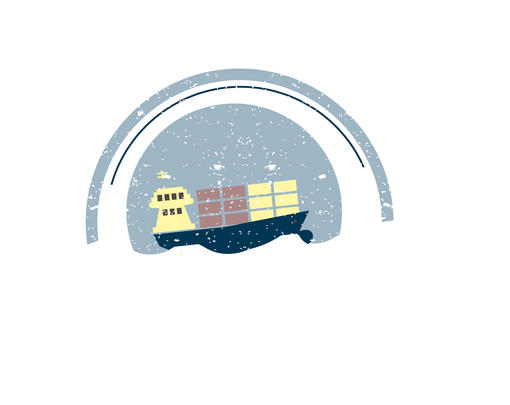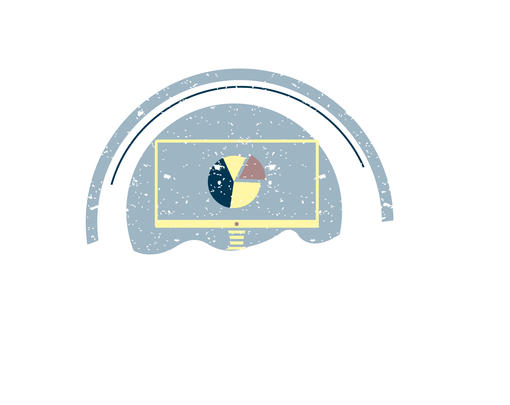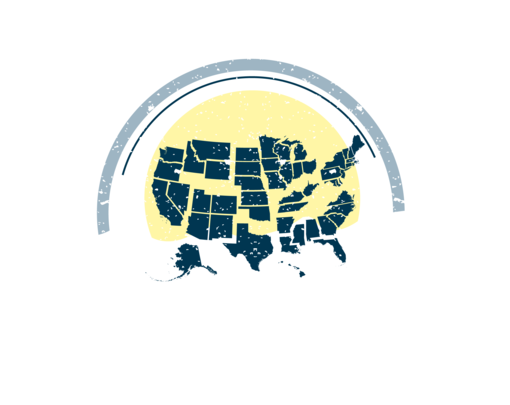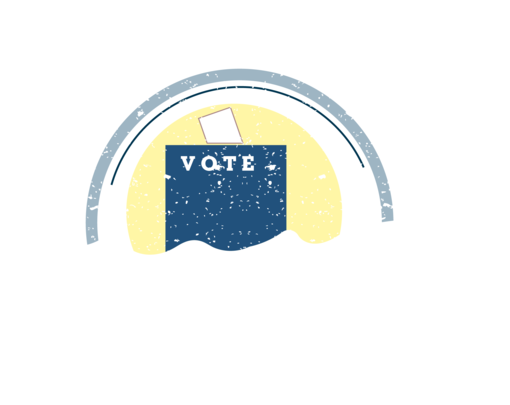Why is the idea of prehistory important for thinking about systemic change?
Systemic change is as common as grass in world history, but despite this fact, we have a hard time believing that fundamental change is possible. The very point of a system is to present itself as if “there is no alternative.” That, for instance, is how the people living in thirteen separate colonies of the British Empire on this side of the Atlantic Ocean felt in the nearly 200 years before the American Revolution shattered the illusion that “the system” could never be changed. (The thoughtful Italian Marxist, Antonio Gramsci, used the word “hegemonic” to describe this appearance of inevitability.1 Other theorists in the sociology of knowledge tradition have analyzed ‘ideologies’ that prevent people from considering new possibilities, and “utopias” that help them open their minds to new directions.)
We know, of course, that systems do not change overnight—even though explosive moments occur, a long process of prior buildup and decay is commonly involved in any major transition. Existentially, this requires individuals concerned with change and who seek to spread ideas and develop practices that help catalyze larger changes to commit to a process whose goal might be distant if not seemingly impossible to some. To the heroic civil rights activists of the 1930s and 40s, the idea that Jim Crow could be dislodged, and that the national consensus could swing so far in the direction of racial justice, in just a generation or two, must have seemed like a very remote possibility. And yet, they persevered (often against severe repression and violence, including lynching and other forms of violent death), laying the necessary groundwork for what would come later.
The New Deal also offers an important historical model. The social democratic institutions of our modern welfare state did not flow fully formed from FDR’s pen. Rather, a slow buildup of experiments, often based on the earlier efforts of Progressive Era reformers, proceeded state-by-state, in the “laboratories of democracy,” long before the New Deal. It is these antecedents that helped shape the comprehensive programs, which would become the heart of national policies when the time was right.
Are we in the prehistory of genuine systemic change, the prehistory of a Pluralist Commonwealth?
An essential precondition for a democratic and citizen-driven transition to a Pluralist Commonwealth is, in fact, the buildup of experience, state by state, community by community—as in the prehistory of the New Deal. Otherwise there is little to draw upon when the time is right. So, too, a different perspective as to what may be possible, and what makes sense is necessary. Although there are increasing signs of crisis and chaos, everything about the existing system seems to suggest its inevitability—just as everything about the British Empire once made real change seem impossible. Accordingly, new ideas and a different perspective matter as much as specific projects—ideas, especially, about the possibility of longer term change, about how a next system might build democratically upon elements emerging in the old system, and about how these might one day come together in a new and creative pattern.
As the pain of the emerging era continues to deepen, the fast exploding development of new economic efforts around the country is, in fact, beginning to coincide with new ideas about the nature of a very American form of systemic change, and of a pluralist systemic vision—indeed, one that might appropriately be called a Pluralist Commonwealth. The process so far is largely happening in a checkerboard fashion across the country, advancing where possible, step by step. It is likely to continue to do so.
It is certainly possible this process may stall out. It is also possible, however—and increasingly so—that historical events (along with growing pain and frustration) may conspire to open the way to more sweeping changes at larger levels—as scattered, pain-driven change was taken to the national level in the prehistory of the New Deal. During the Great Recession of 2008-11 the United States de facto nationalized General Motors, Chrysler, and AIG (one of the largest insurance companies in the world), and came close to doing the same with several major banks. What might happen in the next major crisis, or the one after that, is by no means a closed question.
It is, of course, never given to us to know in advance what may or may not occur in times beyond our own. Efforts at system change may falter and fail; alternate programs rooted in greater corporate control and a xenophobic and racist backlash against ideals of inclusion and equality may triumph. Whether we like it or not, we are nonetheless faced with an historic challenge; nor can we avoid the question of how we chose to react to the current painful and ecologically threatening moment of history. Minimally—as the prehistory not only of the Civil Rights movement, but of the feminist movement, the environmental movement, and, indeed, even the early days of the modern conservative movement show—the possibility that efforts now against seemingly long odds may establish important stepping stones for major subsequent change cannot be responsibly ignored. And whether or not such change may one day become transformative, such efforts may make positive contributions by degrees even now.
Further reading
Gar Alperovitz, What Then Must We Do: Straight Talk About the Next American Revolution (White River Junction, VT: Chelsea Green Publishing, 2013).
Howard J. Sherman, How Society Makes Itself: The Evolution of Political and Economic Institutions, (Armonk, NY: Sharpe, 2006).
- 1See: Antonio Gramsci, Selections from the Prison Notebooks, eds. Quinton Hoare and Geoffrey Nowell Smith (New York, NY: International Publishers, 1971).





























